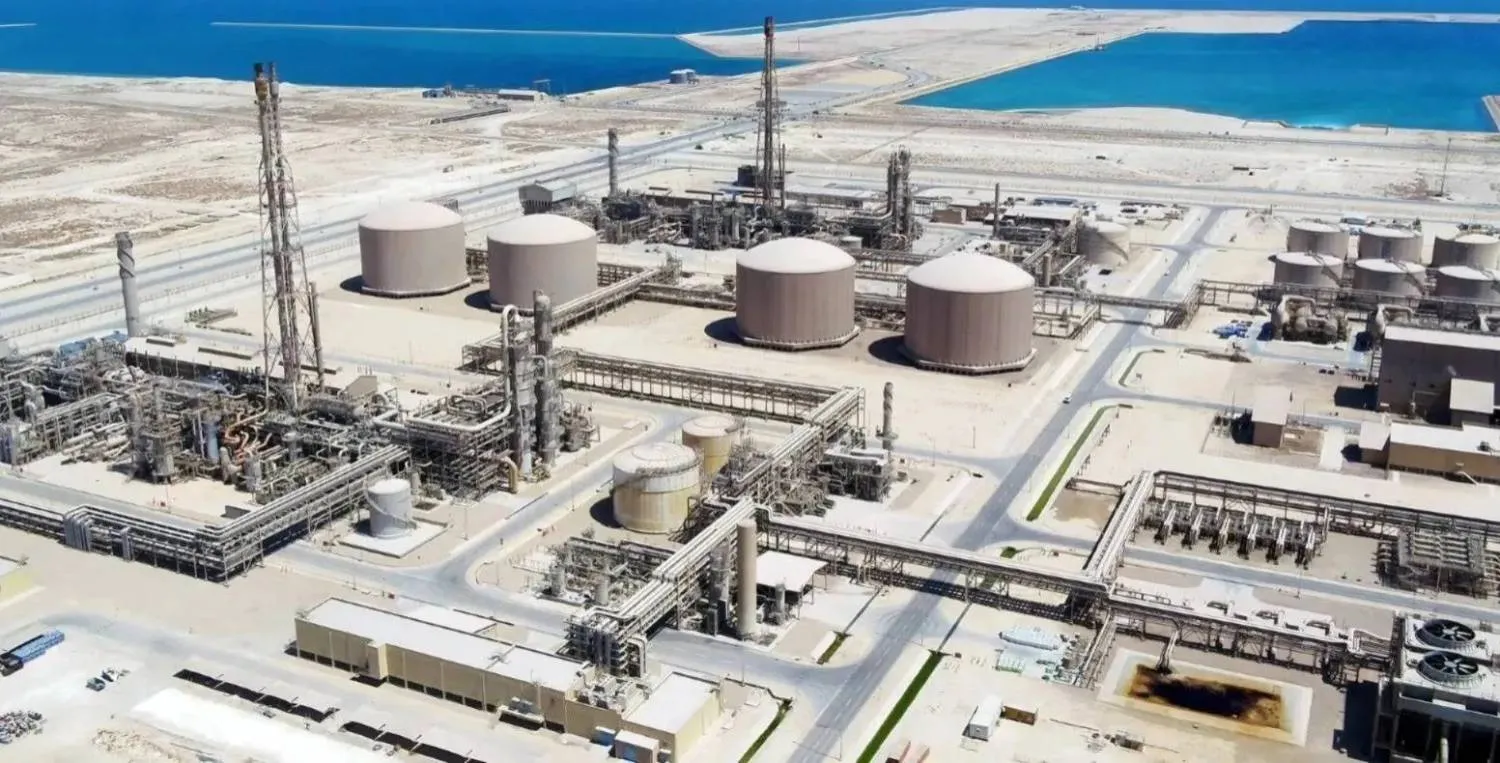Saudi Arabia’s Ministry of Industry and Mineral Resources has approved a set of new requirements and regulations to govern industrial activities operating outside officially designated industrial areas. The move is part of the Kingdom’s broader efforts to organize the industrial sector, attract investment, and support sustainable development in line with national priorities.
The announcement follows the work of a central committee formed by Cabinet Decision No. 533. Chaired by the Ministry of Industry and Mineral Resources, the committee brought together representatives from seven other government bodies to assess and address the situation of factories located beyond allocated industrial lands.
Based on the committee’s findings, 1,143 types of industrial activities were classified by their level of environmental impact. Among them, 46 low-impact industrial activities were identified as suitable to be practiced within cities along commercial streets, according to a statement issued by the ministry.
For other activities with a higher potential impact, the regulations specify that they may be conducted on the outskirts of urban areas, provided companies comply with all licensing requirements. These include securing industrial, environmental, municipal, and safety permits, as well as fulfilling any additional conditions necessary for legal operation.
The ministry noted that these new controls and standards are designed to stimulate further industrial investment across Saudi Arabia and lay the foundation for developing competitive domestic industries. The regulations also aim to create more high-quality job opportunities, empower women to play a larger role in the industrial sector, and drive wider social and economic progress.









